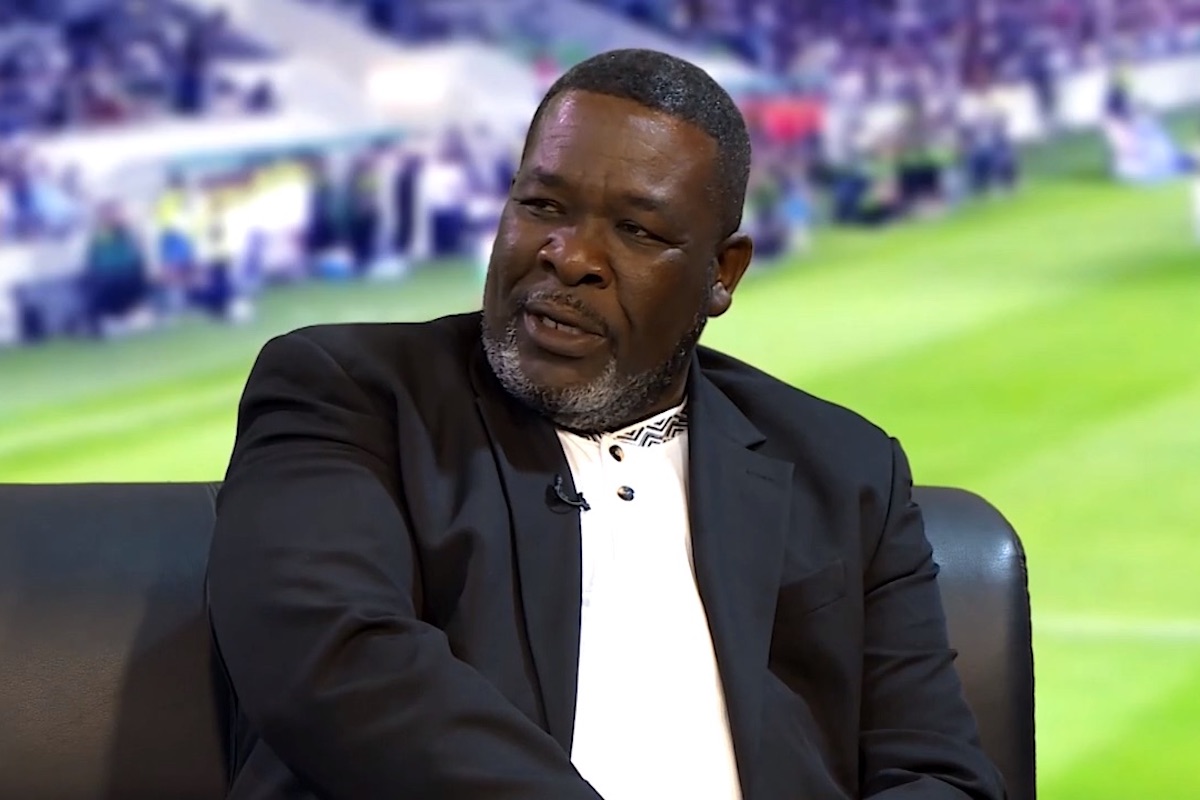Tony Greig is the man who first made me aware of what the word “grovel” meant.
Of course it is now the stuff of cricketing lore that the comment by the England captain ahead of the 1976 home campaign against the West Indies so fired up the Caribbean team, especially the fast bowlers, that they made it their business to go after him with additional venom whenever he came to the crease during that five-match rubber in which Clive Lloyd’s team prevailed by a 3-0 margin.
“People are building these West Indians up. I’m not really quite sure that they are as good as everyone thinks they are. If they are down, they grovel, and I intend, with the help of Closey (Brian Close, recalled for the series at the age of 45) and a few others to make them grovel.”
For a white South African, at a time of heightened awareness of the dehumanising treatment of the majority black population under white minority apartheid rule in that country, to insinuate that a team comprised predominantly of the descendants of African slaves would be crawling on their hands and knees at his feet was not only outrageous, but revealed the absence of any real empathy – notwithstanding the efforts of anti-apartheid campaigners – in the United Kingdom and the rest of Europe for the injustices in a part of the world where they were happy to visit and continue to do business.
All of that immediately came to mind last week when a letter was sent, presumably representing the majority who prevailed at last weekend’s emergency meeting of the Trinidad and Tobago Football Association, to Robert Hadad, chairman of FIFA’s normalisation committee, which included a humble apology to the almighty gods of the game in Zurich.
Not surprisingly, there has been an attempt to backpedal from that grovelling reference. Yet even if the actual phrase was not approved by the membership and inserted by the writer of the letter, it doesn’t change the fact that this was precisely the perspective perpetuated by those stridently opposed to the legal action initiated by William Wallace and the other members of his deposed TTFA executive. To put it simply, they were prepared to do whatever needed to be done to get back in the good books of HRH Gianni Infantino.
Let me just re-state for the record that I was in support of the legal challenge by the group known as “United TTFA” to their surreptitious removal by the game’s global governors. That FIFA’s rules permit this type of unjust intervention doesn’t validate the injustice. It merely reinforces that so very often the gap between what is lawful and what is just is dispiritingly wide.
For most of the rest of this column I will defer to Brian Lewis because the president of the Trinidad and Tobago Olympic Committee said it much better than I can in an interview on Lasana Liburd’s “Wired868.com” website as far as putting this entire disgraceful episode into context.
Here’s what he had to say in response to the widely-held view that Wallace and his colleagues were selfish, irresponsible and reckless in initiating this action which has resulted in the TTFA being suspended by FIFA:
“I don’t think there is anyone within any organisation who had been democratically elected, and then four months later was removed; I can’t see anyone honestly and legitimately not having empathy for Mr Wallace…They would have wanted for themselves exactly what he was asking for. But there are people whose only priority seems to be to participate in the FIFA system.”
And now for a perspective on the administration of football post-normalisation committee:
“Whenever the next election falls, I think it will be important that we not see the same faces circulating – many of whom are part of the problem. There is a thinking that the people who create a problem are not the people to solve them. I believe that people who have the best interest and the genuine interest of football should step up; otherwise the people with ulterior motives who want to control football for the wrong reasons will take charge – and then the problems will continue.”
And finally, here’s Lewis’ opinion on the behaviour of FIFA and other world bodies:
“These global sport organisations, particularly the ones based in Europe, are very difficult to hold to account. They operate under this veneer of autonomy and authority, which they use to push back against efforts to hold them accountable...Nobody is going to (resist), especially if you are economically vulnerable...That is why organisations like FIFA move in a particular way in places like Africa, Asia and the Caribbean but they do not treat the bigger countries in the same way.”
Well said Brian. In case you don’t know though: we like it so.
SOURCE: T&T Express

